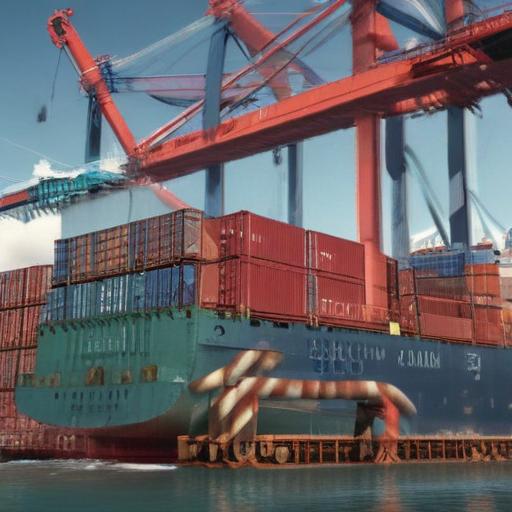President Donald Trump has introduced a significant tariff threat against Mexico and the European Union, targeting up to 30% on various imports as part of an ongoing trade campaign since he resumed office in January. In a letter shared via Truth Social, Trump indicated that despite a considerable trade deficit with the EU, the U.S. is committed to pursuing what he deems a “more balanced and fair trade” arrangement.
This latest move is part of a chaotic series of tariff adjustments imposed by Trump this year, which have left global trade relationships uncertain. The updated duties are set to take effect on August 1, impacting a range of goods, excluding specific “Sectoral Tariffs” like the auto tariff of 25%. Following a letter addressed to Mexican President Claudia Sheinbaum, Trump reiterated the need for stronger measures to curb the flow of fentanyl across the border, a justification he has consistently cited for imposing tariffs on Mexico.
Response from European leaders has been swift; Ursula von der Leyen, President of the European Commission, stated that the EU is prepared to take necessary actions to protect its interests, which could include countermeasures. French President Emmanuel Macron emphasized the need for the EU to defend its economic interests vigorously.
Meanwhile, Mexico’s economy minister, Marcelo Ebrard, indicated that Mexican officials conveyed to U.S. representatives that the proposed tariffs would amount to unfair treatment. However, there is ongoing dialogue between the U.S. and Mexico, with hopes of reaching a more favorable trade agreement that supports businesses and jobs on both sides of the border.
Historically, the U.S. trade relationships with these partners have been robust. In 2024, the EU and Mexico were projected to be among America’s largest trading partners, with trade volumes reaching nearly $976 billion and $840 billion, respectively. Such tariffs could have significant implications for businesses and consumers alike, as heightened duties can lead to increased prices and disrupt supply chains.
In past discussions, Trump expressed frustration over unresolved trade negotiations, denouncing perceived lack of good faith from the EU. With the looming August deadline, there is potential for significant shifts in trade policy that could reshape international economic relations.
It’s vital for both the U.S. and its trading partners to navigate these tensions carefully, balancing national interests with the benefits of cooperation in a global economy. Should an agreement be reached, it could herald a period of renewed trade stability.
